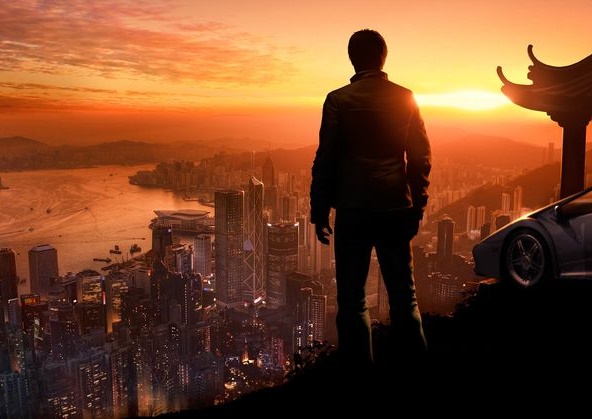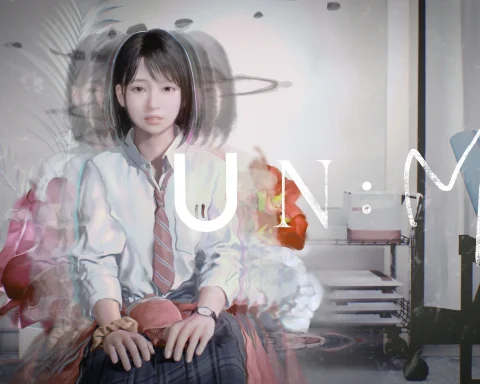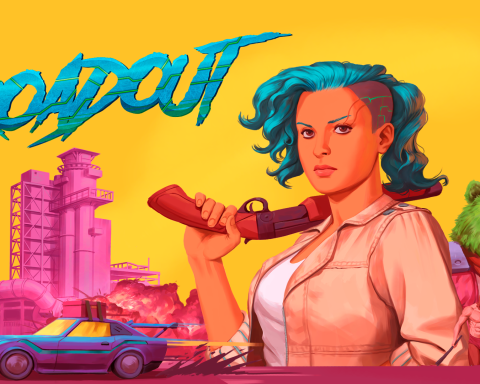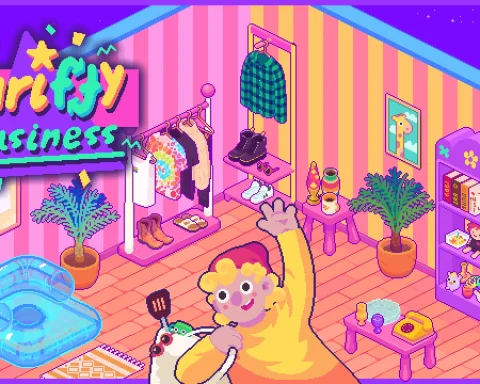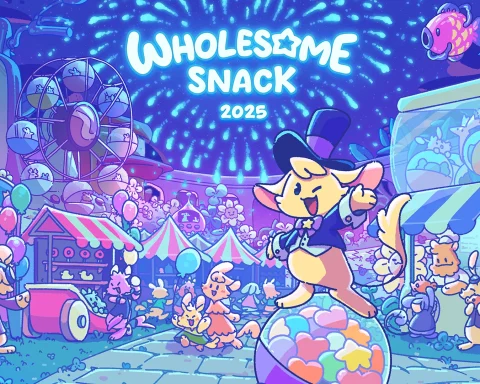Article by Matt C.
Last month, Vancouver-based developer United Front Games closed its doors, and we lost one of this industry’s most interesting developers. It wasn’t particularly prolific, and critical and commercial reception of its work was uneven to say the least, but it was a studio that was always pushing boundaries and trying new things, which is, sadly, something of a rarity outside the independent scene.
Related reading: Matt’s review of Sleeping Dogs Remaster on PlayStation 4.
This is the studio that debuted with ModNation Racers, a game that was very successful at applying a user-generated content approach to kart racing. This is a studio who then took that idea to another level with LittleBigPlanet Karting, incorporating one of the best-ever franchises when it comes to user-generated content. This is the studio responsible for the the unified interface in Halo: The Master Chief Collection, giving that collection a sense of coherence and wholeness that’s almost always lacking in remastered packages. This is the studio who breathed new life into Disney Infinity (before it was sadly discontinued) with Marvel Battlegrounds, a Power Stone-inspired brawler that felt almost like it should be a standalone game.
To read on, please log in to your DDNet Premium account:

